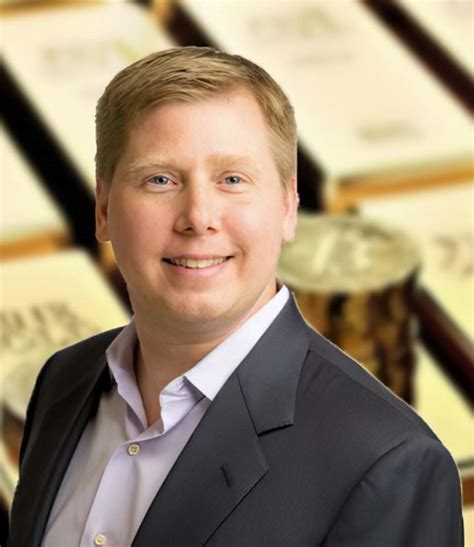A Quote by Jason Chaffetz
If you're going to grow the economy, if people are going to have more income, you have to have stability in the marketplace.
Related Quotes
You know, the elites always want to shame the poor - right? - and everyone else. I mean, the fact is, this economy is based on 70 percent of the people driving consumer demand. If people do not purchase goods and services, this economy will grind to recession. And that is why, if you are going to do a tax cut, it ought to really be aimed at low-income and middle-income people.
This is all about creating good jobs for middle-income Americans, and it's a place where the President, frankly, has failed. His effort to put in place a series of liberal proposals he thought were historic kept his eye off the ball of getting the economy going again. It is the economy, and the American people aren't stupid. They want someone who can get this economy going again.
What do the 5%, or the 1% actually use their money for? They lend it back to the economy at large, they load it down with debt. They make their money by lending to the bottom 95%, or the bottom 99%. When you give them more after-tax income, it enables them to buy even more control of government, even more control of election campaigns. They're not going to spend this money back into the goods-and-services economy.






























